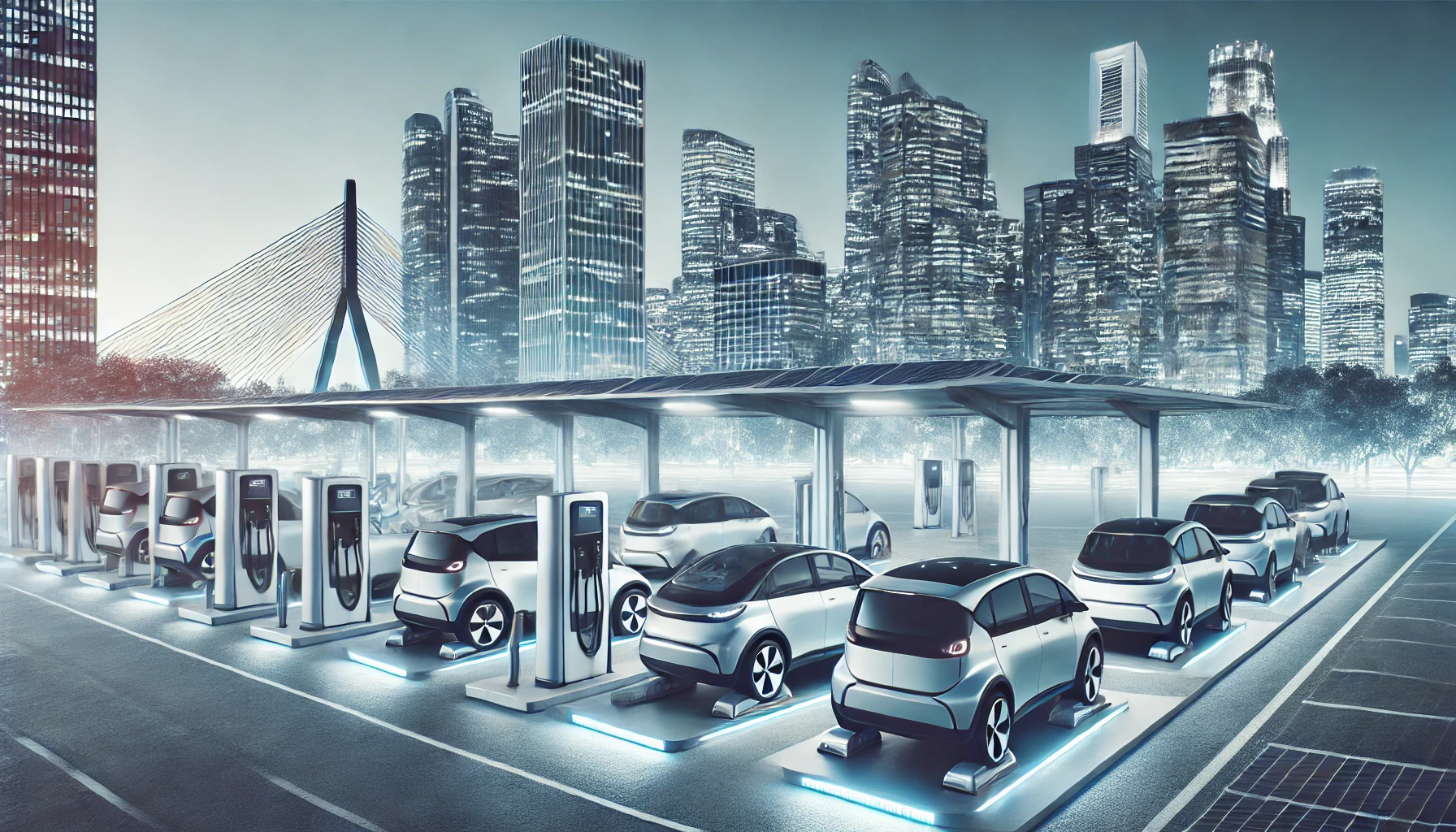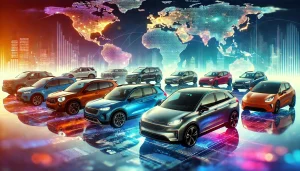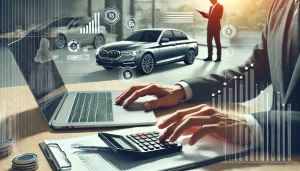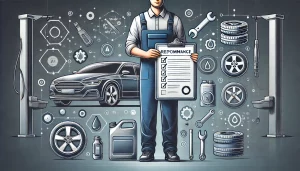Artificial intelligence (AI) has been transforming various aspects of daily life, and by 2030, its impact will be even more significant. From virtual assistants on smartphones to advanced systems in areas such as healthcare, transportation, and education, AI is reshaping how we interact with the world. In everyday life, AI is present in solutions that optimize time and resources. For example, smart home devices are becoming more common, helping automate tasks such as temperature control, security, and shopping. By 2030, these tools are expected to integrate even further, creating fully connected and autonomous homes.Furthermore, advancements in natural language processing will enable more human-like interactions with machines, facilitating everything from task execution to companionship for people in isolation. AI will not only meet practical needs but also contribute to emotional well-being. Artificial Intelligence: Predicted Changes in Daily Life by 2030 The changes that AI will bring by 2030 promise to revolutionize how we work, commute, and even take care of our health. In the workplace, AI systems already automate repetitive tasks, allowing professionals to focus on more creative and strategic activities. In mobility, autonomous vehicles are expected to gain greater relevance. By 2030, it is expected that public transportation and delivery services will be dominated by automated fleets, making cities more efficient and reducing accidents.In healthcare, AI will assist doctors in diagnosing diseases with even greater accuracy. In addition, wearables equipped with artificial intelligence will be able to constantly monitor the user's health, preventing problems before they even manifest. The integration of AI with mobile devices and medical systems will create a revolution in personal care.
How AI Will Reshape Our Routines by 2030
By 2030, artificial intelligence will not only be a tool, but an essential part of our daily routine. Imagine a typical day: when you wake up, your home will have already adjusted to the ideal temperature and started preparing coffee. Your virtual assistant will organize your schedule and provide a personalized summary of the news.
During work, intelligent platforms will suggest solutions to problems and optimize task flows, saving time. After work, AI apps may recommend leisure activities or recipes based on your preferences.
Even social interactions will be impacted. Social networks will use AI to moderate content more efficiently and suggest connections based on real interests. Routine will be deeply influenced by a combination of convenience, personalization, and efficiency, driven by AI. The Near Future: AI Integrated into Everyday Life by 2030, The integration of AI by 2030 will be marked by advances in accessibility and inclusion. Technologies that were once restricted to large corporations will be available to small businesses and individuals, democratizing access to innovations., In education, AI will create personalized learning experiences. Students will be able to rely on virtual tutors that will identify their specific difficulties and adjust the content according to their learning pace. This personalization promises to reduce educational inequalities. In addition, AI will integrate sectors such as retail and food. Shopping done in automated supermarkets and meals prepared by specialized robots will no longer be a vision of the future, but part of the daily lives of millions of people around the world. Impacts of AI in Everyday Life: What to Expect by 2030The impacts of AI by 2030 will be felt in multiple dimensions. In urban environments, smart cities equipped with AI systems will optimize the use of resources such as energy and water. Sensors will monitor real-time traffic, reducing congestion and improving quality of life.
In the entertainment field, streaming platforms will use AI to create immersive experiences. Interactive movies, tailor-made music, and games based on personal preferences will transform the way we consume content.
On the other hand, the advancement of AI also brings challenges. Automation can generate discussions about the future of employment, while ethical issues such as privacy and algorithmic bias will need to be resolved for AI to be adopted responsibly.
2030 and AI: Revolutions in Our Daily Lives
The revolutions brought by AI until 2030 will not only be technological, but also social. In the financial market, advanced algorithms will offer personalized consulting, helping people manage their finances more efficiently.
- In everyday life, AI is present in solutions that optimize time and resources. For example, smart home devices are becoming more common, helping automate tasks such as temperature control, security, and shopping. By 2030, these tools are expected to integrate even further, creating fully connected and autonomous homes.In addition, AI will play a key role in sustainability. Intelligent systems will optimize the use of renewable energy and help reduce carbon emissions. By 2030, AI will be essential in addressing environmental challenges and promoting a more sustainable future.
- Artificial Intelligence: Predicted Changes in Daily Life by 2030Everyday life by 2030 will be marked by a natural integration between humans and artificial intelligence. Devices such as augmented reality glasses, personal assistants, and household robots will be part of daily life, making complex tasks simpler.
- In mobility, autonomous vehicles are expected to gain greater relevance. By 2030, it is expected that public transportation and delivery services will be dominated by automated fleets, making cities more efficient and reducing accidents.In short, artificial intelligence will not only be a tool, but a constant partner, collaborating to improve all aspects of everyday life.
These vehicles feature technologies such as regenerative braking, connectivity with apps, and driver assistance systems. Choosing between them depends on priorities such as budget, usage type, and access to charging infrastructure.
Artificial intelligence promises to profoundly and comprehensively transform everyday life by 2030. From automating household tasks to advancements in health, transportation, and education, AI will be a driver of innovation and convenience.
However, it is crucial to address the ethical and social challenges that come with this technology, ensuring that its benefits are accessible to all. With proper planning, AI can shape a more efficient, inclusive, and sustainable future. fuel economy1. How will AI impact the job market by 2030?
AI should automate repetitive tasks, allowing professionals to focus on creative activities. However, there may be challenges in transitioning jobs in sectors affected by automation.
2. Will autonomous vehicles be common by 2030?
Yes, autonomous vehicles are expected to be widely used, especially in public transportation and delivery services.
3. Can AI improve education? Yes, AI can personalize teaching, helping each student learn at their own pace and overcome specific difficulties.4. How will AI help with sustainability?
AI can optimize the use of natural resources, monitor carbon emissions, and integrate large-scale renewable energy. 5. What are the biggest ethical challenges of AI? is another highlight, as it converts kinetic energy into battery charge, increasing the overall efficiency of the vehicle.
In addition, connectivity systems allow monitoring the car's performance in real time through apps. Touch screens and integration with virtual assistants make the experience of driving electric cars more intuitive and enjoyable.
Tips for choosing the best electric car
Choosing the ideal electric car requires attention to some essential criteria. The first one is autonomy: consider the distance you travel daily and choose a model that meets your needs without frequent recharges.
Another important factor is the available charging infrastructure in your region. If you live in an area with few charging stations, it is recommended to invest in a home charger. Additionally, evaluate the maintenance costs and the availability of parts in the market.
Finally, consider the resale value and the environmental impact of the chosen model. Researching and test-driving are fundamental steps to ensure that the chosen electric car meets your expectations.
The future of electric cars in Brazil and in the world
The future of electric cars is promising, with estimates that by 2030 the majority of new vehicles sold will be electric. In Brazil, the progress is slower due to challenges such as high initial cost and limited infrastructure, but the trend is gaining strength with fiscal incentives and a greater supply of models.
Globally, countries like Norway, Germany, and China are leading the adoption of electric cars, investing in infrastructure and incentive policies. This transformation is driven by growing environmental awareness and technological advances, such as cheaper and more efficient batteries.
As automakers increase production and reduce costs, electric cars are expected to become a common, affordable, and indispensable choice in the automotive world.
Conclusion
Electric cars represent a revolution in the automotive industry, offering efficiency, sustainability, and a superior driving experience. Models like the Tesla Model 3, BYD Dolphin, and Chevrolet Bolt EUV are examples of the potential of this market.
Choosing an electric car requires research, but the benefits in terms of savings and environmental impact are clear. As the infrastructure grows and technologies advance, investing in an electric car becomes not only a trend but a necessity for a sustainable future.




